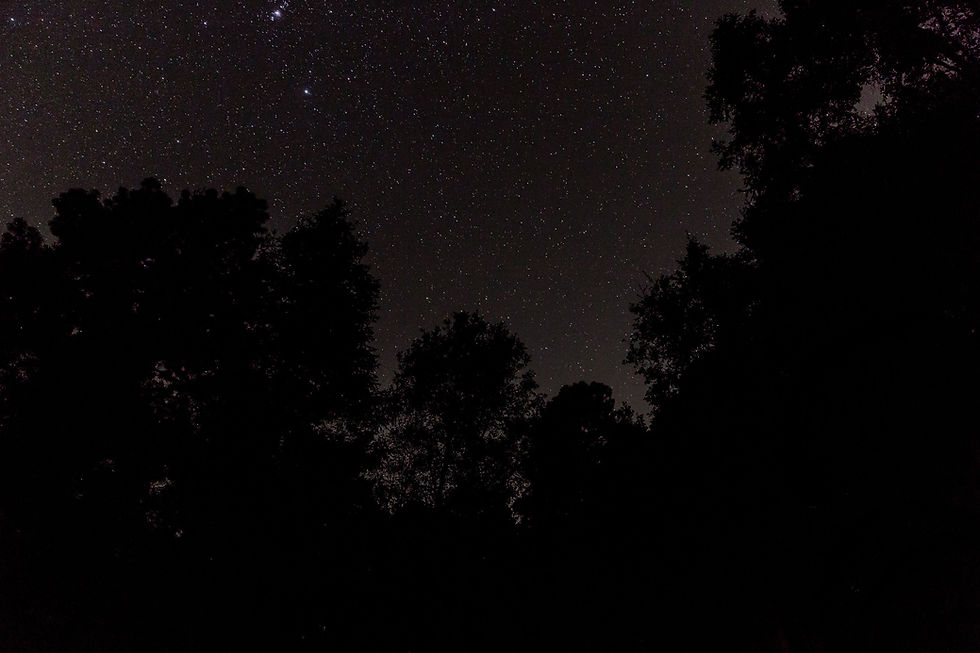Beauty and Beast
- John Tsiganov-James
- Oct 31, 2018
- 4 min read

What does beautiful mean?
"The future belongs to those who believe in the beauty of their dreams".- Eleanor Roosevelt¹
Geoffrey Chaucer is considered by many as a major influence on Western thought and writing. He notes in a famous poem, "Rondel of Famous Beauty", his take on beauty.
"Your two great eyes will slay me suddenly; Their beauty shakes me who was once serene; Straight through my heart the wound is quick and keen. Only your word will heal the injury To my hurt heart, while yet the wound is clean - Your two great eyes will slay me suddenly; Their beauty shakes me who was once serene. Upon my word, I tell you faithfully Through life and after death you are my queen; For with my death the whole truth shall be seen. Your two great eyes will slay me suddenly; Their beauty shakes me who was once serene; Straight through my heart the wound is quick and keen. "⁴
Those of you who are familiar with Reasology know that we put heavy emphasis on linguistics. This blog will go a lot more in-depth concerning our style. Normally, our readers expect to be confronted with challenging questions and to gain perspective on their lives and other people. Today, we are going to put a spin on that by dissecting the first question extensively. The hope is that this will be enlightening and show you the value behind correct communication. We will examine the opening question in this blog, one word at a time.
1 = What
This word functions as either a pronoun, determiner or adverb. As a pronoun or determiner it has two primary functions, it either asks for specifying information (What is your purpose?) or it is the thing or things be used in specific amounts(What you need is purpose). It two primary functions as an adverb is either to imply to what extent (what does it matter) or to indicate an approximation (what about nine?)³
2 = Does
Such a simple word took me a long time to study. 3rd person, singular, present tense version of "Do". The most common and highest definition I found across sources was "To perform" .³
3= Beautiful
This word is purely descriptive, adjective, it is something you have or possess. "possessing qualities that give great pleasure or satisfaction to see, hear, think about,etc.; delighting the senses or mind: excellent of its kind.³
4 = Mean
This word is a verb. "to have in mind as one's purpose or intention;intend:"³

Can you see how complex the opening question of this blog is?
Marilyn Vos Savant is internationally known for having one of the highest I.Q's ever recorded. In one of her books she makes a remarkable statement, "Humans are the only things that ask questions". Erotetic, which interestingly enough has a lot of depth as a word, refers to rhetoric specifically surrounding asking questions. The only thing that separates this reference to the mind from a reference to the emotions (erotic) is "te" which references music or even power, depending on your country. Epistemological textbooks comment on how Aristotle described the function of questions only becoming apparent in the face of an abnormality.
Sociologically many have adopted an intellectual laziness that is evil at its core. Devoid of fully firing, functioning mental faculties people become easy to strip of value and harness for corruption. You encounter powerful realities you may simply be just walking by each day. Consider the phrase "Thank God it's Friday" or "T.G.I.F". 13 kids scream this as they run from class, 30 year olds whisper this as they sneak out of cubicles. The greatest books on earth and every intellectual discipline you could think of correlate with this phrase. Many simply waste gold and rubies by how they use or waste their thoughts, words and actions yet wonder why they feel as though their life has no value.
Rephrasing the opening questions could synonymously read
"What would you need to perform excellently in order to discover purpose?"
(Rolls up sleeves)
Make sense? Is this an easier question?
Let's take a brief diversion deeper into epistemology, of the various types of knowledge, we will focus on two. Propositional versus "know-how" knowledge. If I asked you to describe love, how many words would you need? Propositional knowledge is knowing facts or information about something. Many people get to this stage concerning many things, where they can describe it to some degree. Now if you actually fell in love, and I asked you to describe it, how many words would you need? This second example is someone who knows love by experience, not by studying. Commonly people fall in one or the other category.
Consider your microwave. If I took a manual and videos of a microwave to a people group in the brush, they would gain propositional knowledge on it. Seen a different way, if I asked most Americans to describe how their microwave functions scientifically, many would lack significant propositional knowledge of the device to that degree.
Do you have beautiful things in your life? What does that mean?
People often get so much "know-how" or experience with certain concepts that they seem mundane or cliche. If you gained more objective facts about this idea of beautiful, you would realize that to recognize it is miraculous. Beauty is excellence, it transcends reality and touches the divine.
To not see this is what leads a beast out of the sole and unleashes monsters on mankind.
"The future belongs to those who believe in the beauty of their dreams".- Eleanor Roosevelt¹
Work Cited:
¹ = “Eleanor Roosevelt Quotes.” BrainyQuote, Xplore, www.brainyquote.com/quotes/eleanor_roosevelt_100940?src=t_beauty.
2 = “Eleanor Roosevelt.” Biography.com, A&E Networks Television, 2 Mar. 2018, www.biography.com/people/eleanor-roosevelt-9463366.
³ = “Beautiful.” ,"Does" ,"What" ,"Mean"Dictionary.com, Dictionary.com, www.dictionary.com/browse/beautiful?s=t.
⁴= Chaucer, Geoffrey. “Beauty Poems - Poems For Beauty - Rondel Of Merciless Beauty -.” PoemHunter.com, www.poemhunter.com/poems/beauty/page-1/17287/.











































Comments